Top DevOps Tools You Should Know In 2023
We all want our businesses to succeed, but using the wrong DevOps tools can easily distract us. All the departments in a software company can be difficult if there is no integration and a fast system that connects all parts of the organization. The right set of DevOps tools can help all teams work together effectively and efficiently.
DevOps tools
Kubernetes
Kubernetes is a portable and portable software platform used to automate, rate, and manage applications containing containers.
Features
- Automatic editing.
- How to make a living.
- Upload rate.
- Storage orchestration.
- Horizontal scale.
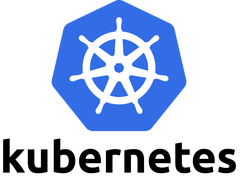
Nagios
Nagios is an open-source monitoring tool used to monitor networks, applications, and servers.
Features
- Expandable structures.
- Improved user management.
- Power planning.
- Integrated view of monitored IT infrastructure.

Docker
Docker is a software platform that enables developers to create, test, and run applications that contain containers.
Features
- Easy setup.
- Easily scalable.
- Increase productivity.
- Application classification.
- Security management.
- It is understandable.
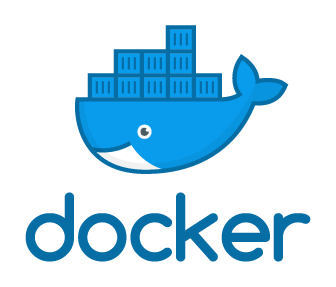
Ansible
Ansible is a flexible engine used for a variety of IT tasks such as configuration management, application deployment, provisioning, and music.
Features
- Eliminates complexity in the software development process.
- Provides automated IT to complete duplicate tasks.
- Controls complex deployment.
- It speeds up the development process.
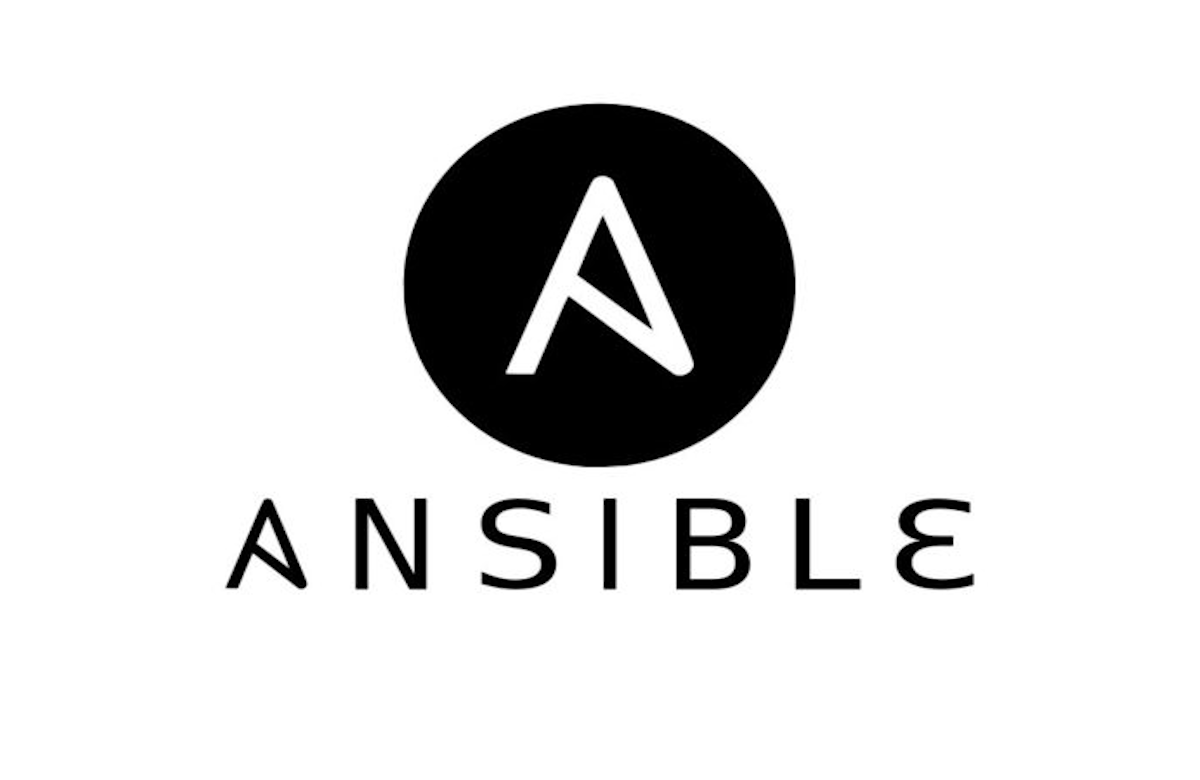
Jira
With Jira Software, teams find a platform where they can plan and track projects, their performance, and problems, prioritize, and define their workflow or use Jira’s out-of-the-box workflow to manage projects. Additionally, Jira is a DevOps tool specially designed for Agile teams, so you get all the tools you need to help your team work better together.
Features
- Set up agile boards
- Edit Sprints
- Report on your team’s progress
- Schedule workflow
- Customize the Software to suit your needs
- Build fast teams.

Jenkins
Jenkins is an open DevOps tool for continuous integration of software projects. Written in Java, this tool allows developers to build and evaluate their software projects continuously and makes it easy for developers to integrate changes into a project.
Features
- Easy installation and setup.
- 1000+ plugins to support construction and testing projects.
- Increase the default scale.
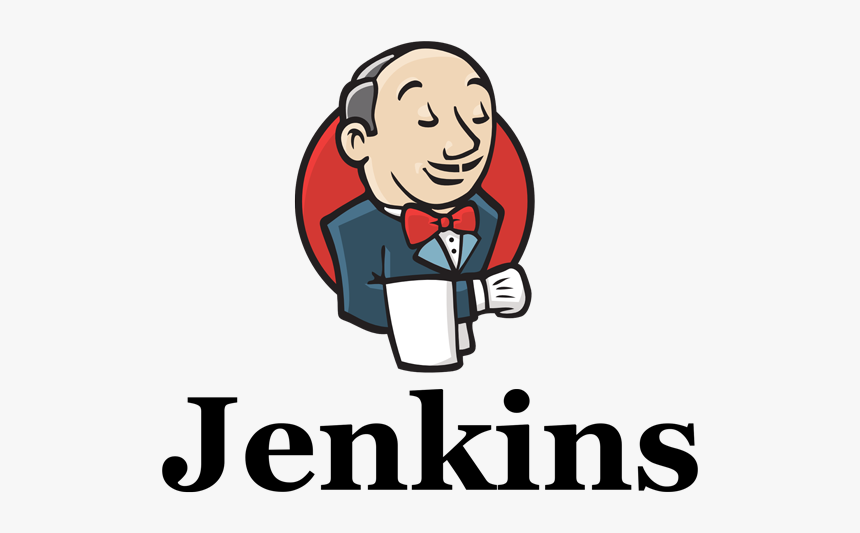
Selenium
Selenium is an open-source tool used for automated testing performed in web browsers. Editors can use multiple programming languages to create Selenium Test Scripts.
Features
- More browser compatibility.
- Powerful web content management.
- Supports multiple browsers, applications, and programming languages.
- Supports the release of similar tests.

Git
DevOps open-source tool and version control system – which handles all type and size of project with high speed and efficiency. Source Code Management tool that stores various versions of source code and allows developers to track application development progress easily – making it easier for developers to restore previous versions whenever needed.
Features
- A free, open-source tool for DevOps.
- Provides a few options for managing code collections and team interaction across all branches and code bases.
- Includes branch work.
- Enables fast release cycles.
- Aids is dragging apps.
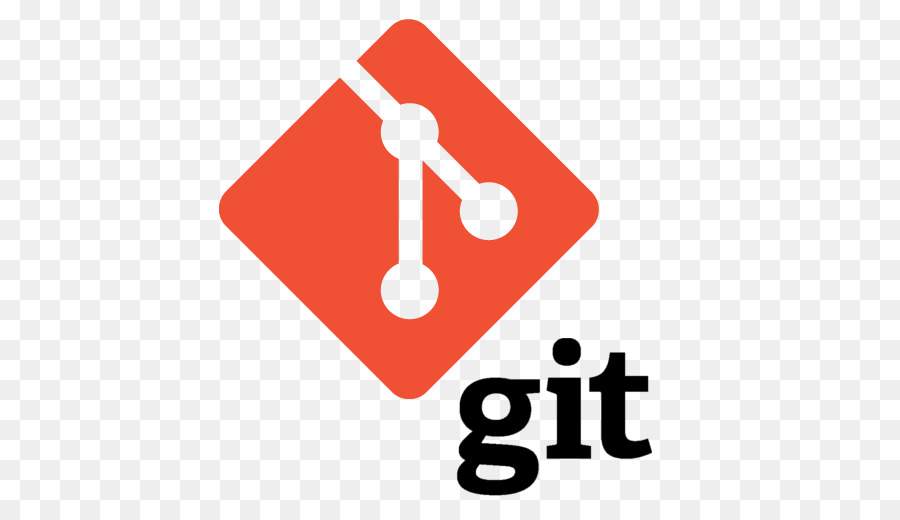
Slunk
Splunk monitor also evaluates software that provides operational intelligence to DevOps teams by sharing real-time data across all stages of the delivery life cycle. It improves quality and makes companies more productive, secure, and competitive.
Features
- Data and data drive updates.
- Quick release.
- Monitoring and troubleshooting solutions.
- It offers a unique view of various IT services.
- Splunk Observability Cloud with special user experience.
Conclusion
The best DevOps tools can help teams continuously improve their performance at all stages of software development. Depending on the purpose of your business, you can do the same job with different types of tools and you can use more than one DevOps tool in your DevOps strategy.









